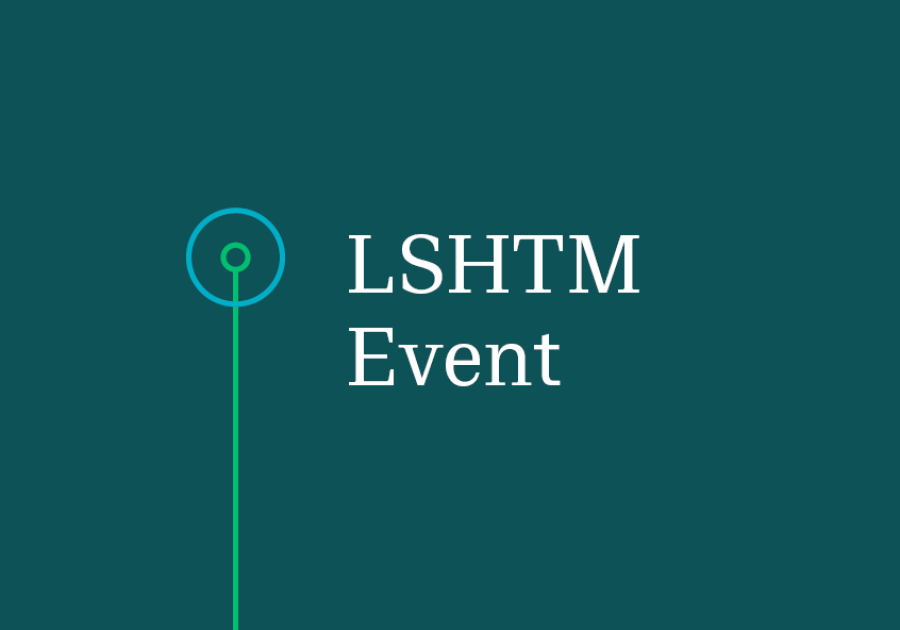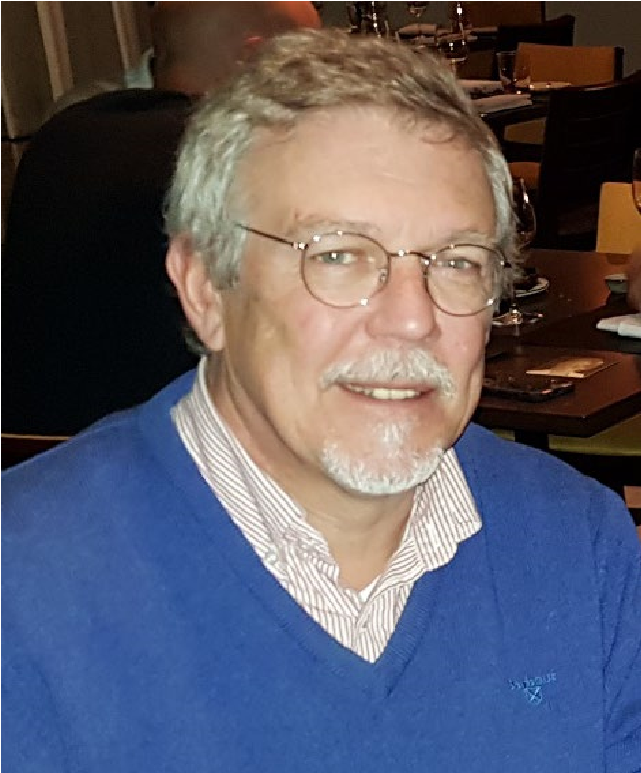
In this talk, we will review some of the immune mechanisms underpinning the pathogenesis of cerebral malaria and will discuss recent experimental data. First, among cells, we recently identified two unexpected subsets of monocytes that seem to be instrumental in cerebral malaria development. Second, we will revisit the body of evidence that supports an important pathogenetic role for extracellular vesicles in cerebral malaria. Extracellular vesicles are nano-sized membrane structures released by all cells, in physiological conditions, but in increased numbers and with altered composition in inflammatory conditions.
We will present unpublished results on the characterisation of extracellular vesicle subsets generated in an in vitro model of cerebral malaria.
Speaker
Professor Georges Grau, University of Sydney
Professor Georges Grau, MD (University of Liège) and Privat-Docent (University of Genève), is the Chair of Vascular Immunology at the University of Sydney since 2006. His research in immunopathological mechanisms of infectious diseases focuses on cytokines, the microvascular endothelium and extracellular vesicles.
With his team at the Vascular Immunology Unit, he has:
- analysed the cellular and molecular mechanisms of the interactions between microvascular endothelial cells and cells of the immune system.
- contributed to the elucidation of cytokine interactions leading to tissue injury, using in vivo intervention studies in various models of pathology, with particular attention to TNF.
- developed a brain endothelium co-culture system, to study blood-brain barrier changes in cerebral malaria, sepsis, multiple sclerosis, viral encephalitides and cryptococcal meningoencephalitis
- studied extracellular vesicles, particularly microvesicles and exosomes, released in these co-cultures and shown their role as crucial effectors of cytokine-mediated pathology
- deciphered critical molecular mechanisms of microvesicle release in inflammatory conditions
- shown that inhibition of microvesicle release can prevent pathology. His 393 papers have been cited over 37,000 times and his h-index is 100.
From 2015 to 2021 he served as Discipline Leader (Pathology), Marie Bashir Institute, is a Member of Sydney Analytical Advisory Committee and Chair of the Vibrational Spectroscopy Committee, since 2020. In 2021 he was re-elected President of the Australian-New Zealand Microcirculation Society.
- Please note that you can join this event in person or you can join remotely via the webinar link listed below.
- Please note that the recording link will be listed on this page when available.
Admission
Contact

